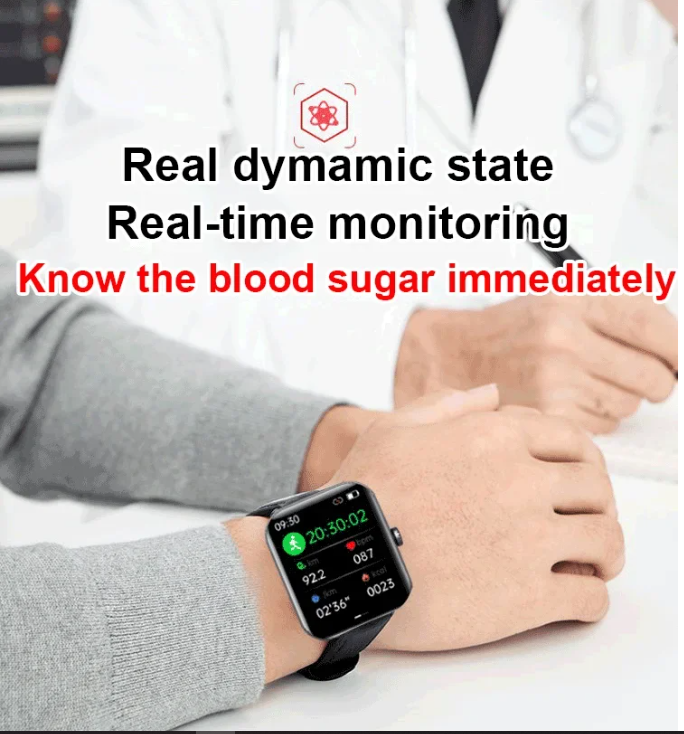An email sent to support@accordancen.com re a smart watch bought online with supposed non-invasive blood sugar measurement

I received this yesterday, charged the internal battery and then used it and compared the results to my other monitoring equipment (Accucheck mobile for blood glucose/Omron M3 for Blood pressure plus a oximeter for %Oxygen and pulse)
Readings from the watch were within 5% of the readings from my medical equipment EXCEPT for the Blood Sugar readings which were nothing like the real readings.
e.g. Watch 6.01 Meter 9.10; Watch 6.86 Meter 4.9
As I purchased this mainly for Blood sugar monitoring I find it unsuited for purpose and wish to return it for a refund.
I have a significant number of diabetic friends who are interested in my findings with this device.
Despite sending a video (requested) comparing the watch with my Accucheck meter The firm will not refund me saying
We are so sorry for your dissatisfaction.
But as our shipment department checked, the item you received is correct.
Also sent them this info.
I used this 4 times and each time took a blood glucose meter reading at the same time.
Each time the watch gave a reading between 6.00 & 6.90 despite real readings varying between 3.4 & 9.1
Watch Meter
6.01 9.10 after a meal
6.86 4.90 before a meal
6.60 9.10 after a meal
6.20 3.40 Before a meal
A warning to others NOT to buy one of these
Alan Elcoate
I received this yesterday, charged the internal battery and then used it and compared the results to my other monitoring equipment (Accucheck mobile for blood glucose/Omron M3 for Blood pressure plus a oximeter for %Oxygen and pulse)
Readings from the watch were within 5% of the readings from my medical equipment EXCEPT for the Blood Sugar readings which were nothing like the real readings.
e.g. Watch 6.01 Meter 9.10; Watch 6.86 Meter 4.9
As I purchased this mainly for Blood sugar monitoring I find it unsuited for purpose and wish to return it for a refund.
I have a significant number of diabetic friends who are interested in my findings with this device.
Despite sending a video (requested) comparing the watch with my Accucheck meter The firm will not refund me saying
We are so sorry for your dissatisfaction.
But as our shipment department checked, the item you received is correct.
Also sent them this info.
I used this 4 times and each time took a blood glucose meter reading at the same time.
Each time the watch gave a reading between 6.00 & 6.90 despite real readings varying between 3.4 & 9.1
Watch Meter
6.01 9.10 after a meal
6.86 4.90 before a meal
6.60 9.10 after a meal
6.20 3.40 Before a meal
A warning to others NOT to buy one of these
Alan Elcoate
